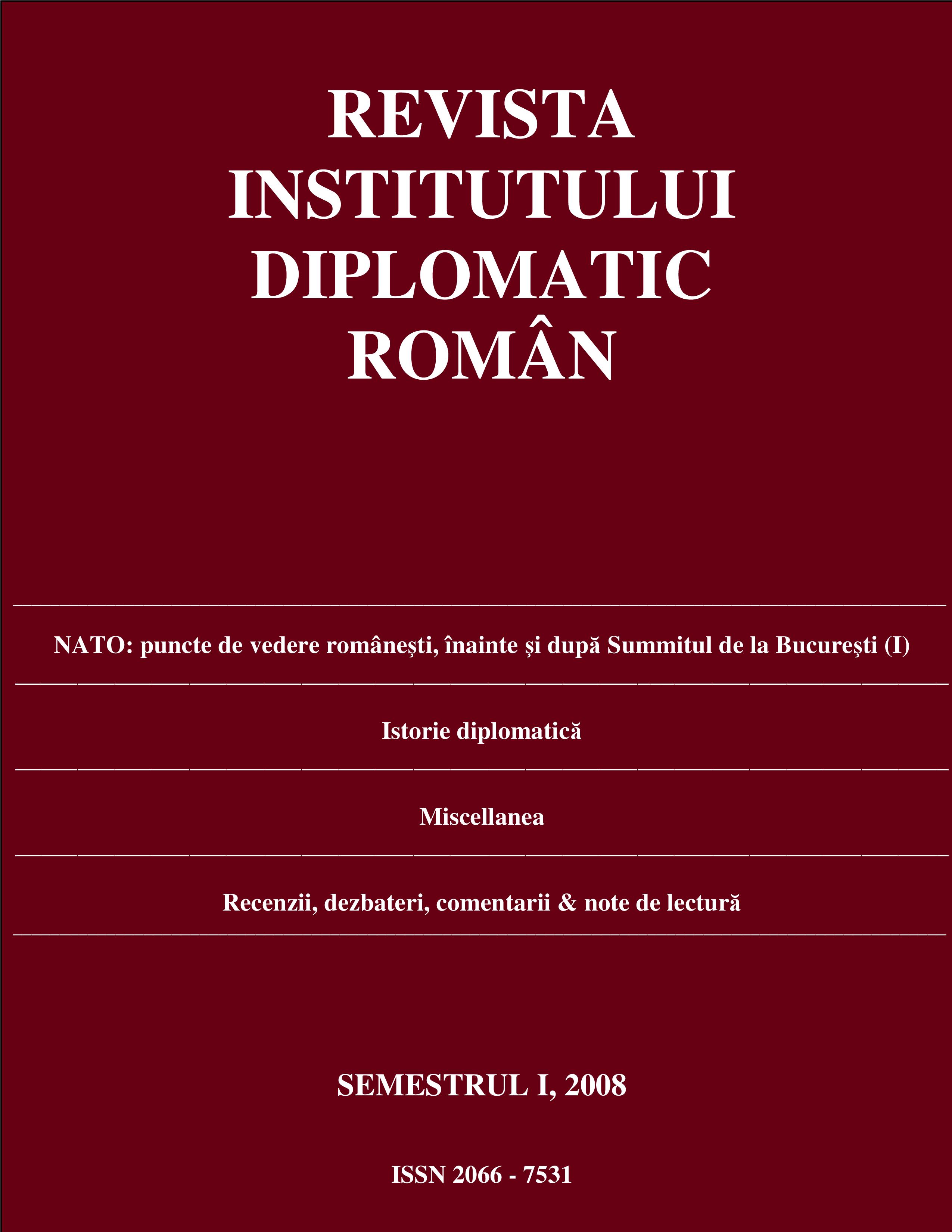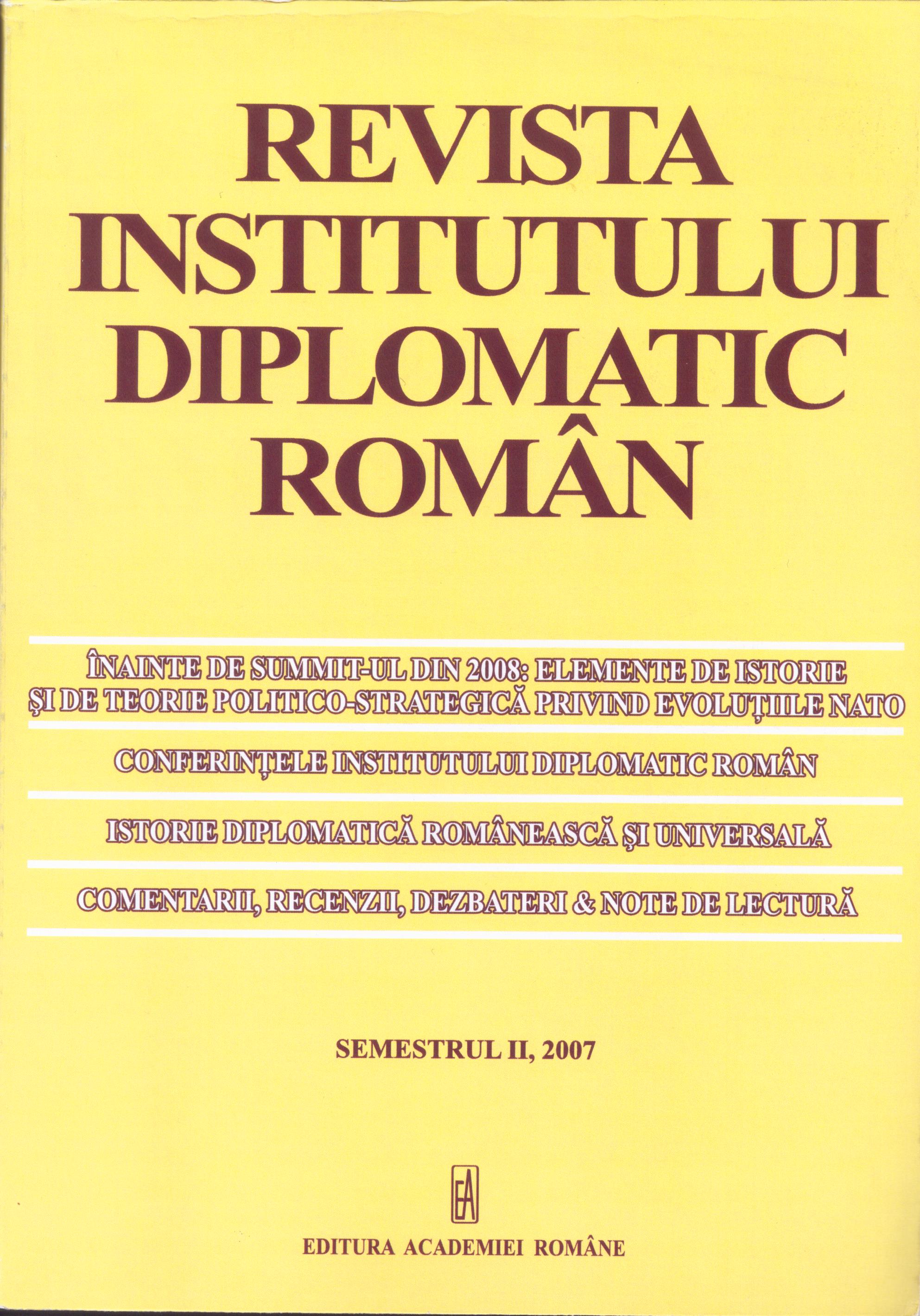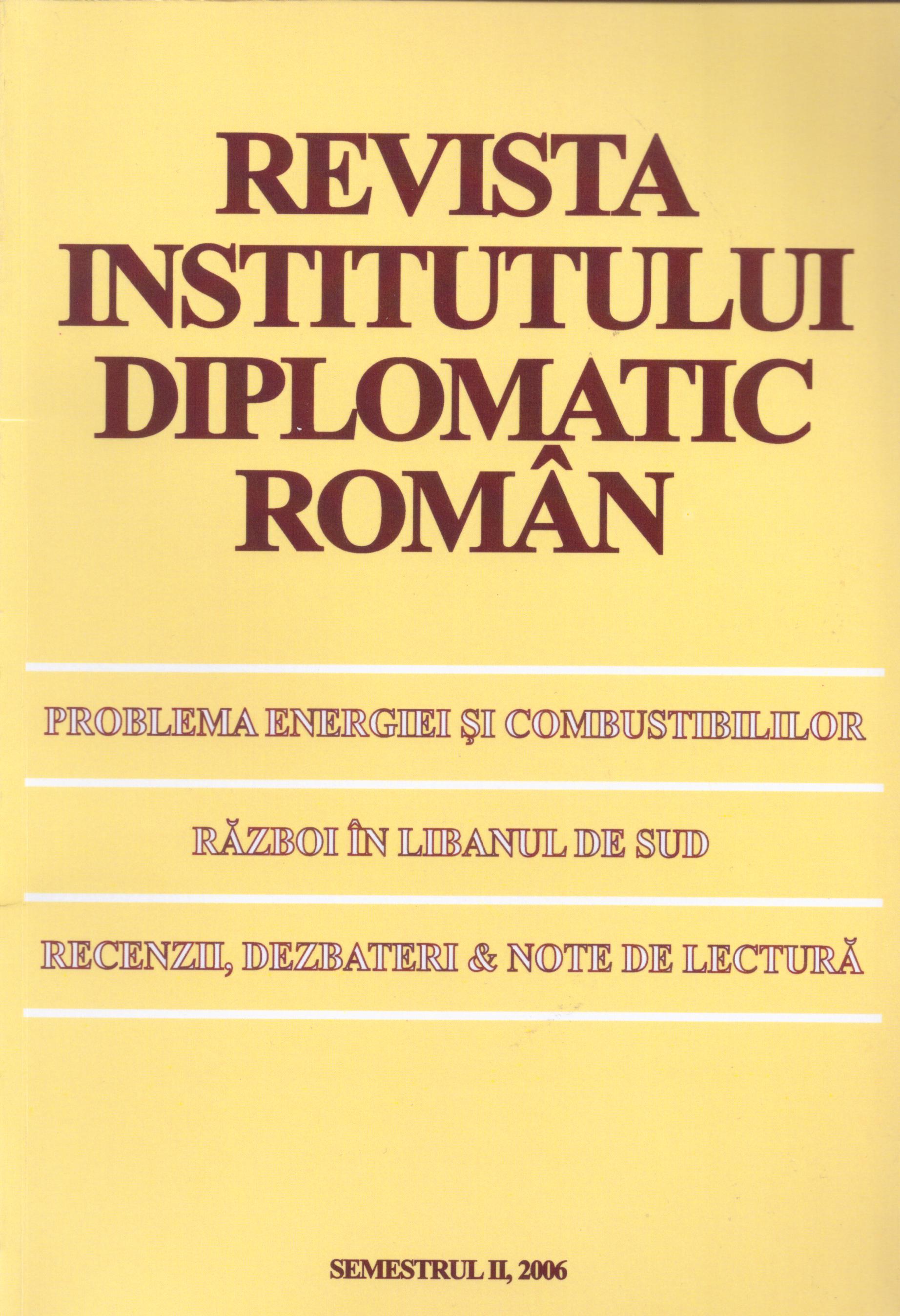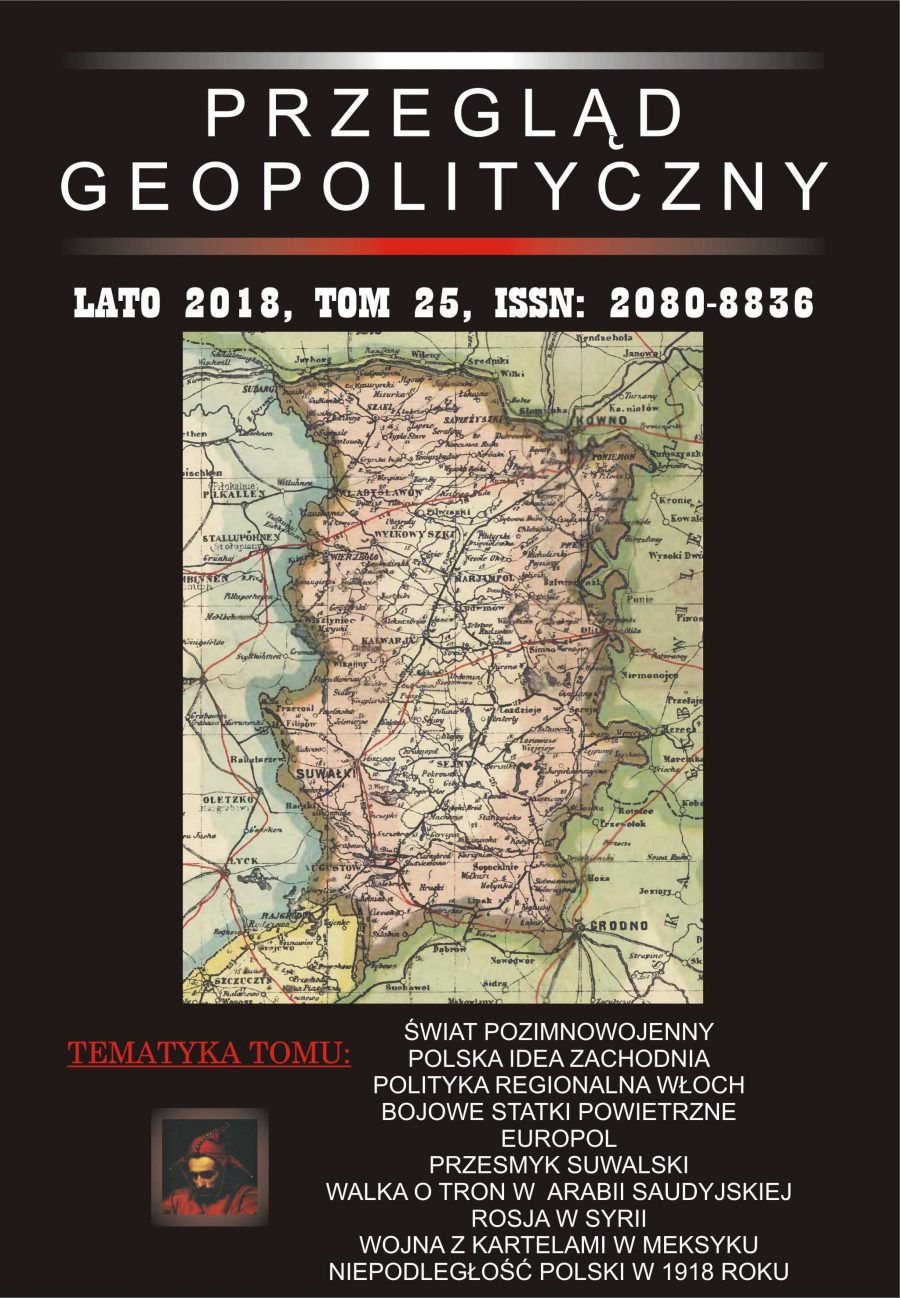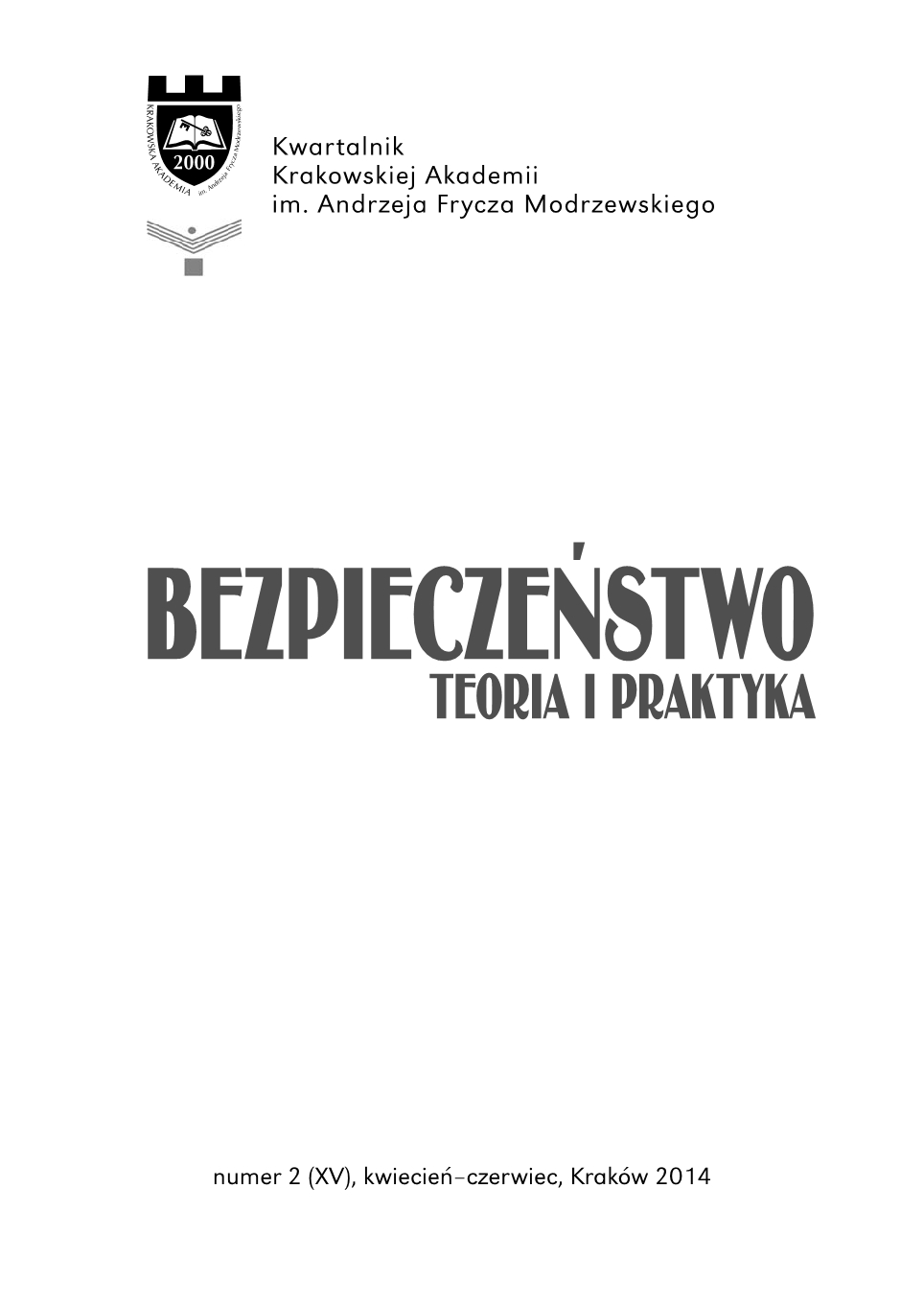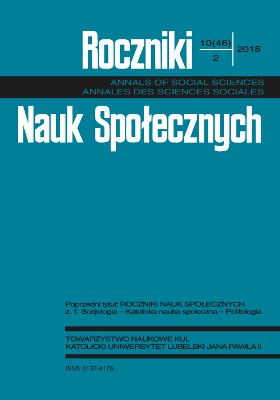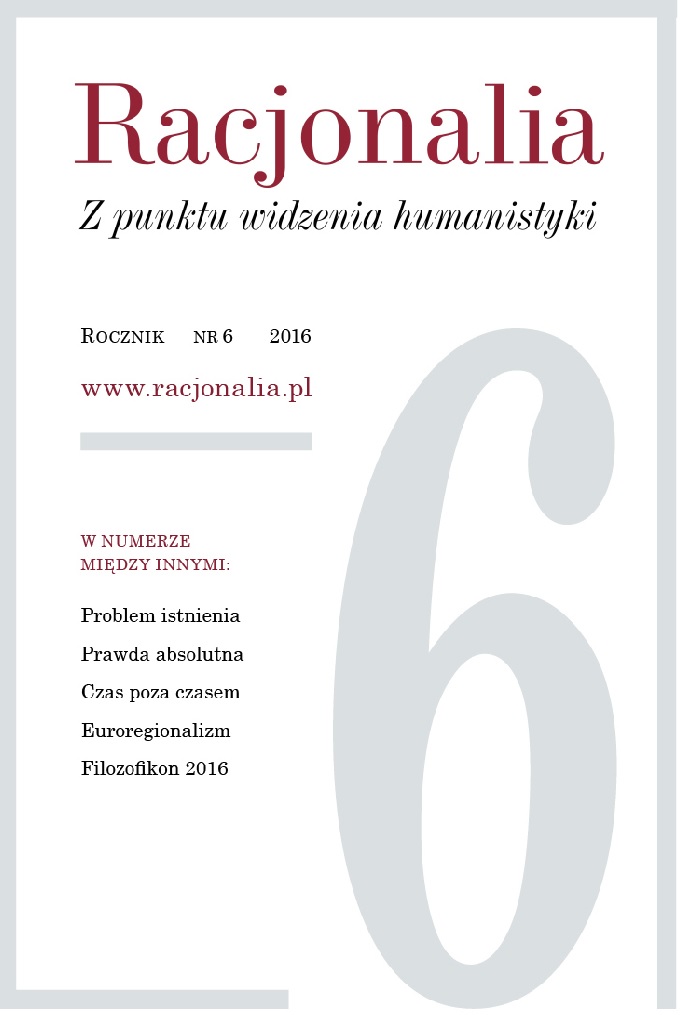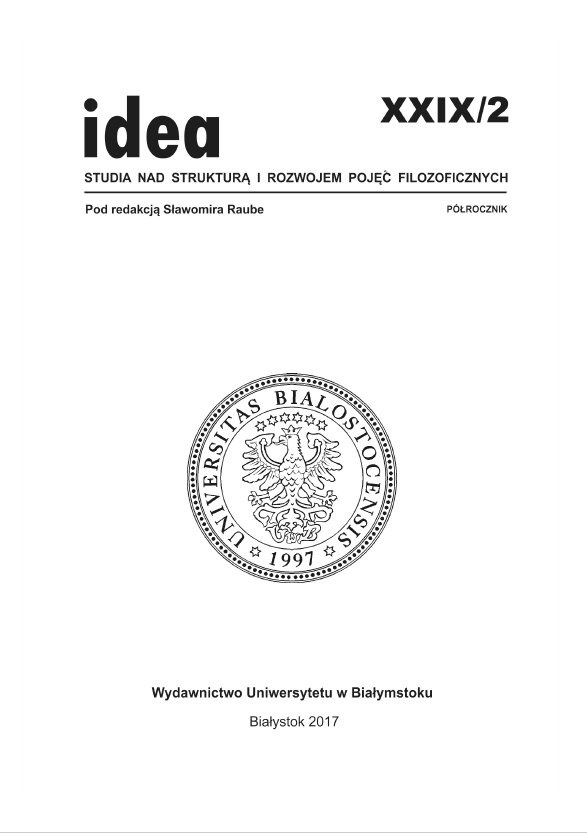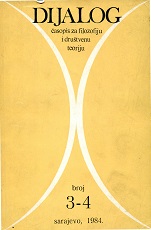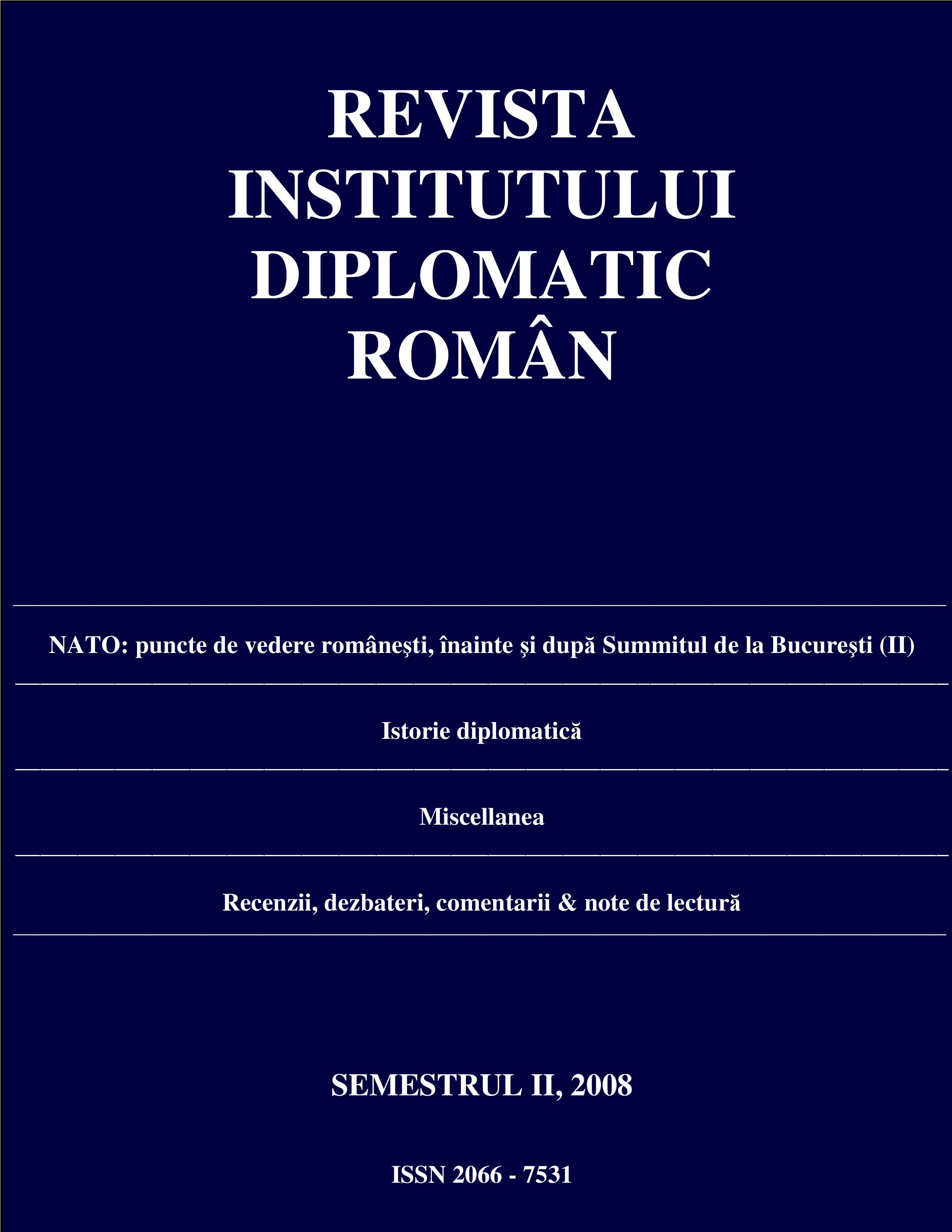
Teoretizări postmoderne (re)activate în contextul Summit-ului NATO de la Bucureşti: terorism/antiterorism
According to the Bucharest Summit Declaration, NATO stands ready to play its part in the implementation of future security arrangements. As art.15 stands for „We condemn in the strongest terms all acts of terrorism, whatever their motivation or manifestation. Our nations remain determined to fight this scourge, individually and collectively, as long as necessary and in accordance with international law and UN principles. Terrorists are using a variety of conventional weapons and tactics, including asymmetric tactics, and may seek to use Weapons of Mass Destruction (WMD) to threaten international peace and security. We attach great importance to the protection of our populations, territories, infrastructure and forces against the consequences of terrorist attacks. We will continue to develop and contribute to policies to prevent and counter proliferation, with a view to preventing terrorist access to, and use of, WMD. We will also continue to support our programme of work to develop advanced capabilities to help defend against terrorist attacks, including through the continuing development of new technologies”.In this context, the American power deploys the rhetoric of military conflict as a means of legitimizing its authority to act as global police and economic center: the global police state will resort to hot wars in order to validate itself. Anticipating the decisive historical movements and the importance of this dismount which involves Unity and Multiplication, Ihab Hassan asked himself in “The Dismembering of Orpheus” what paradigm is hidden Outside or Beyond this mutual involvement? Terrorism and totalitarian, heresy and ecumenical tendencies mutual involvement, and an annihilated authority, concludes the postmodernist theoretician. Relegated from Marshall McLuhan’s global village, sent into another Alexandrine paradigm which requires another language and type of dialogue.
More...
